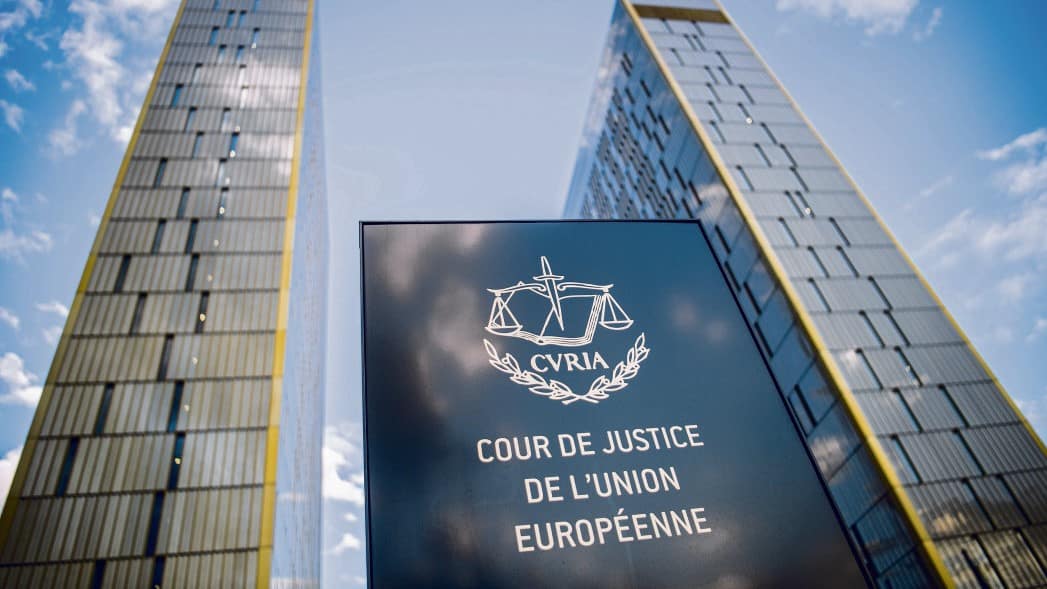In June 2023, the Court of Justice of the European Union (CJEU) ruled that Polish regulations limiting taxpayers’ rights to interest from improperly collected taxes are inconsistent with EU law. Taxpayers can demand a refund of the overpayment along with interest calculated from the day of collection to the day of the refund, not a shorter period as the tax authority wanted (case C-322/22).
Return of Overpayment Only Upon Request and On-Time
Overpayment or improper tax deduction can be determined by a judgment of the Constitutional Tribunal or a decision of the CJEU, recognizing certain provisions related to this collection as incompatible with the Constitution of the Republic of Poland or EU law. According to art. 78 § 5 point 1 of the Tax Ordinance, in such situations, the Polish taxpayer has a right to interest calculated from the day of the overpayment to the day of its return, provided, among other things, that the taxpayer submits an application for reimbursement no later than 30 days from the entry into force of the Constitution Tribunal’s judgment or from the publication of the CJEU verdict in the Official Journal of the EU. In point 2, it was stipulated that if this deadline is not met, the interest is due only until the 30th day after publication or after the judgments come into force.
Interest Limitation
In 2014, the CJEU found that the Polish tax authority improperly charged an American investment fund with income tax on dividends paid to it by a Polish company. Although the duty to refund the overpayment was not in dispute, the tax authorities decided that the fund is entitled to interest only until the 30th day after the publication of the CJEU ruling. For part of the overpayment, covering 2014, the tax authority completely refused to pay interest, arguing that the tax had already been paid after the announcement of the CJEU verdict. The fund was therefore not obliged to pay it. In the opinion of the tax authorities, the provision of art. 78 § 5 of the Tax Ordinance protects against taxpayers deliberately delaying the submission of a refund application, or not making a deliberate payment of the undue tax in order to later recover it with the highest possible interest.
Polish Laws Incompatible with EU Law
In the judgment of June 8, 2023, the CJEU noticed that the taxpayer might not be able to influence the payment of undue tax, even after the issuance and publication of the Court’s ruling. Despite the resolution made in 2014, the incompatible with EU law provisions of the Tax Ordinance still apply. Under their force, a Polish company paying dividends must collect the tax as the payer to avoid legal consequences of its non-collection. Therefore, the CJEU ruled that Polish provisions that limit the possibility to apply for interest from overpaid taxes only until the 30th day after the publication of the CJEU ruling, and block the path to obtain it if the overpayment occurred after these 30 days, are inconsistent with EU law.
The CJEU’s ruling means that taxpayers, to whom the tax authority has refused to calculate interest at the appropriate rate referring to the provision of art. 78 § 5 of the Tax Ordinance, will be able to fight for their recovery. Some have been doing this for a long time, as we wrote 2 years ago about a situation. After 5 years, a company filed for interest from improperly collected corporate income tax from it and won in court against the tax authority.
Conclusion
The message of the CJEU is clear. Tax laws of the member states cannot limit in time, and in certain circumstances totally exclude the possibility for taxpayers to recover interest from overpaid taxes. The tax authority should, therefore, refund the overpaid tax along with interest accumulated until the day of the refund, even when the taxpayer submitted a refund request after 30 days from the publication of the CJEU decision in the EU Official Journal. Interest is also due to taxpayers when the overpayment occurred after this period. If tax authorities do not comply with the CJEU ruling, it will serve taxpayers to win in court.
Author: Robert Nogacki, Legal Advisor, Managing Partner, Legal Office Skarbiec, specializes in legal, tax and strategic consulting for entrepreneurs.
